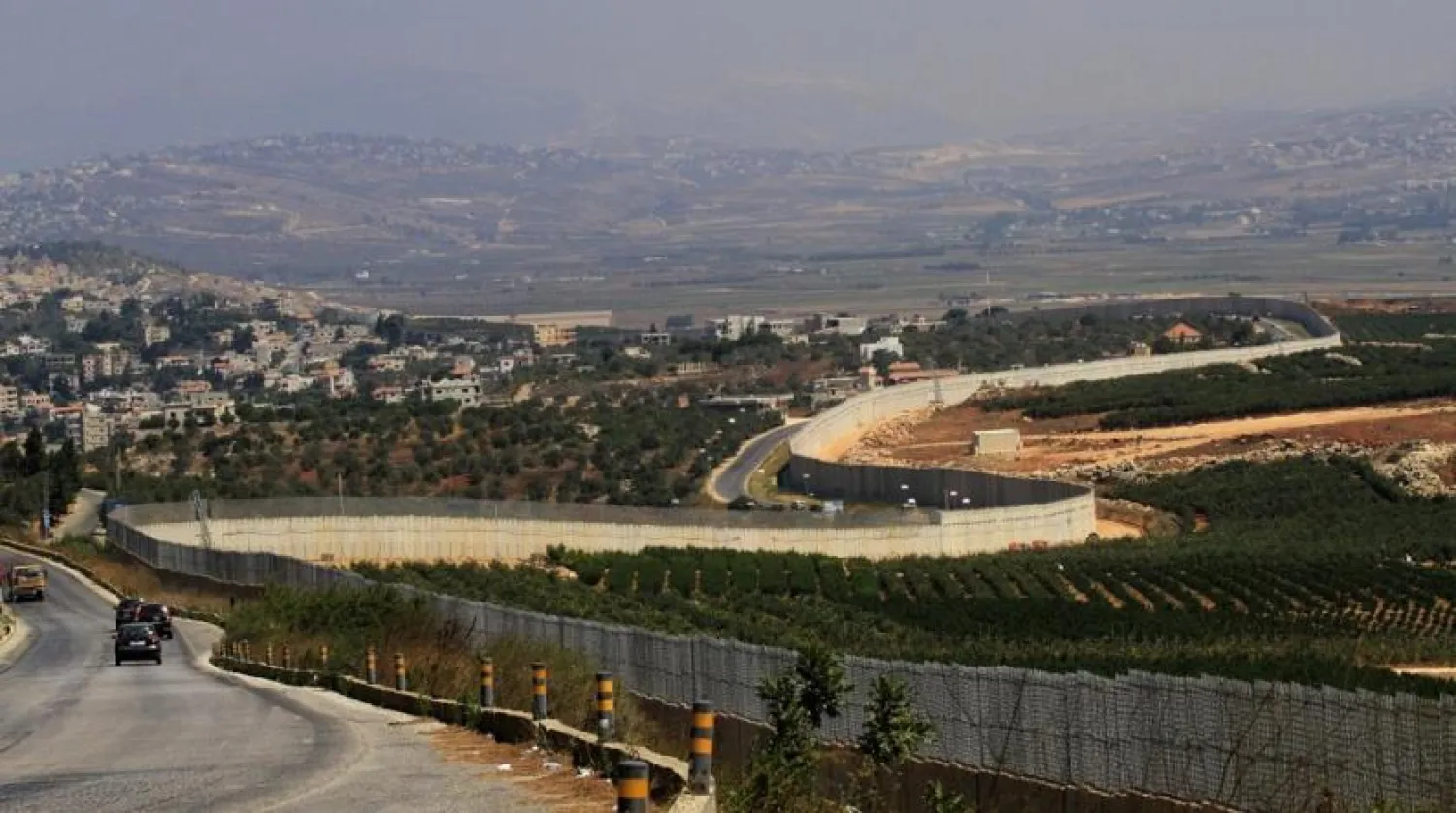The Iranian-backed Lebanese group Hezbollah fired rockets towards Israeli forces on Friday, drawing retaliatory fire from Israel into south Lebanon, in a third day of cross-border salvoes amid wider regional tensions with Iran.
Suggesting its attack was calibrated to avoid further escalation, Hezbollah said it had targeted open ground near Israeli forces in retaliation for Israeli air strikes that had also struck open areas.
Israel said it did not wish to escalate to a full war, though it was ready for one.
“Our understanding is that Hezbollah deliberately aimed at open areas in order not to escalate the situation,” Israeli military spokesman Lieutenant Colonel Amnon Shefler said.
The incident, which has caused no casualties, followed an alleged Iranian attack on an Israeli-managed oil tanker in the Gulf last week in which two crew members, a Briton and a Romanian, were killed. Tehran denied involvement.
With Iran facing the possibility of Israeli or international action in response to the Gulf incident, the violence has flared across a border that has long been a theater of conflict between the Iran-backed Hezbollah and Israel.
The salvoes began on Wednesday with a rocket strike on Israel from Lebanon for which no group claimed responsibility. That attack, on which Hezbollah has not commented, drew retaliatory Israeli artillery and air strikes.
Hezbollah, an Iranian proxy in the Middle East, said it had fired dozens of rockets on Friday at open ground near Israeli positions in the disputed Shebaa Farms border area in response the Israeli air strikes on Thursday.
The attack drew a wave of criticism from Hezbollah’s opponents in Lebanon, a country suffering a crippling financial crisis which the ruling elite are failing to tackle.
In a rare challenge to Hezbollah, the fighters who fired the rockets were stopped by locals as they passed through a Druze area afterwards. read more
“What is happening in the south is dangerous, very dangerous, especially in light of the great tension emerging in the region,” Samir Geagea, head of the Lebanese Forces and a staunch Hezbollah opponent, said on Twitter.
No casualties reported
The United Nations Interim Force in Lebanon said the situation was very serious and urged all parties to cease fire.
The Israeli military said its Iron Dome system intercepted 10 of 19 rockets on Friday, with six falling in open areas and three landing inside south Lebanon.
There have been no reports of casualties or serious damage over the three days of aerial fire, which have jarred an extended period of relative calm since Israel and Hezbollah fought a one-month war in 2006.
Israeli Prime Minister Naftali Bennett’s office said he was consulting his defense and military chiefs over the violence.
Defense Minister Benny Gantz told his US counterpart, Lloyd Austin, on Friday that Israel is “prepared for any scenario, and will continue to operate against Hezbollah or any of its proxies,” according to a transcript from his office.
Gantz told the US Defense Secretary that “additional action must be taken in order to thwart Iranian malign activities, including its nuclear program and attacks in the region and in particular its use of UAVs and missiles.”
Security analysts have long cited the risk of Israeli entanglement in a multi-front war with Iran, which also backs Palestinian militants in the Gaza Strip with whom Israel waged an 11-day conflict in May.
Israel says it is rallying global action against Iran over last week’s suspected drone attack on the vessel off the coast of Oman, but is willing to act alone if necessary. The United States and Britain say they will work with their allies to respond to the attack.
Tehran has denied any role in the July 29 incident.
Britain will raise the tanker attack in a closed-door UN Security Council meeting later on Friday, diplomats said, but the 15-member body is not expected to take any action.
Foreign ministers from the Group of Seven wealthy economies said Iran was threatening international peace and security and that all available evidence showed it was behind the Mercer Street attack.









